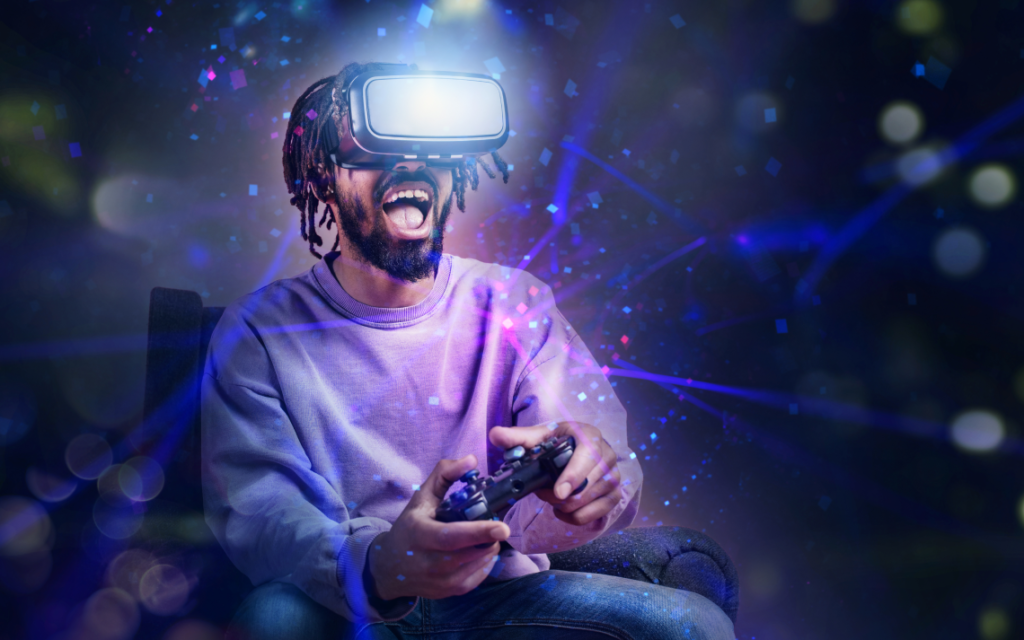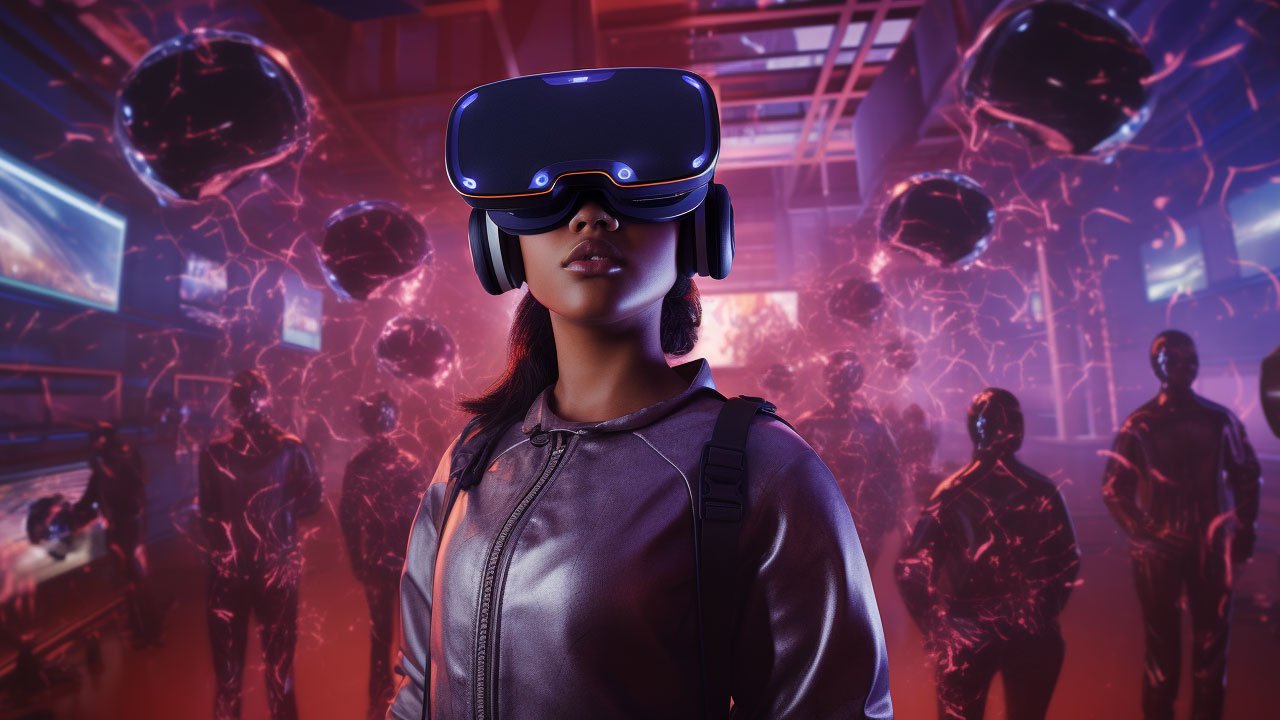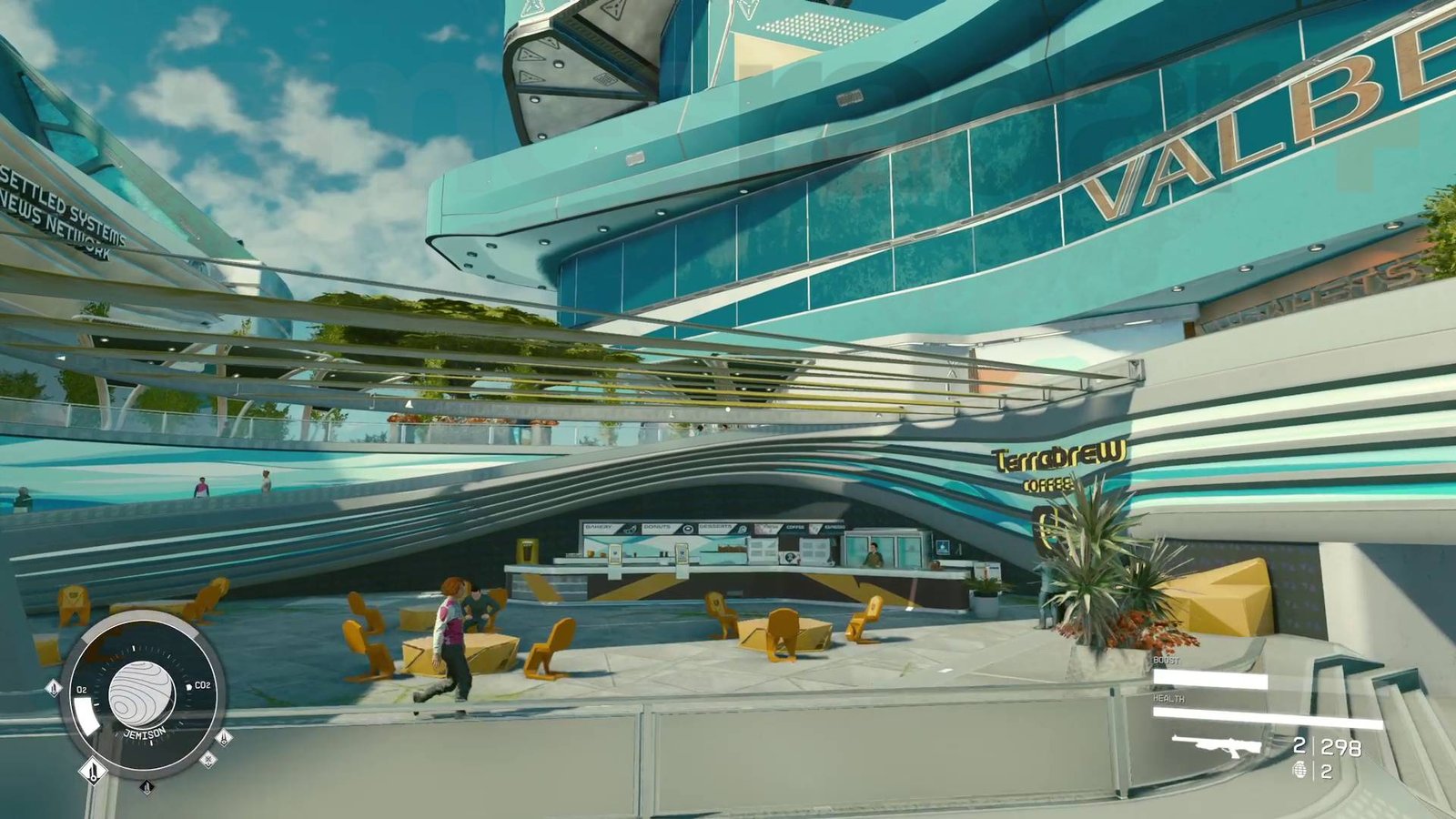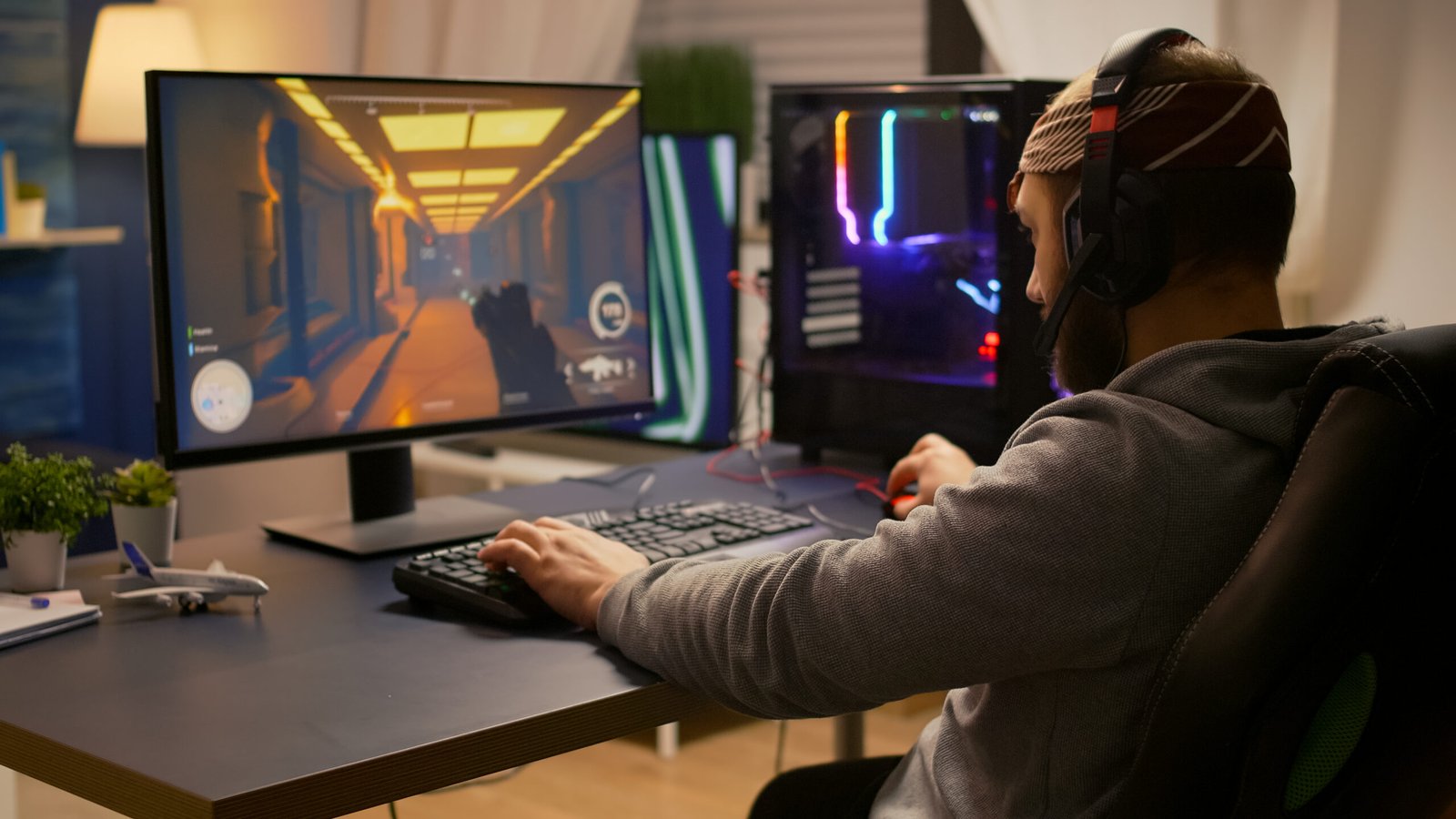Virtual reality (VR) is reshaping the gaming landscape, offering players unprecedented levels of immersion and interaction. By transporting users into fully realized 3D environments, VR technology has evolved gaming into a multi-sensory experience. Here’s how VR is impacting the gaming industry and what it means for players.
1. Enhanced Immersion
Traditional gaming relies on screens to portray environments, but VR takes immersion to a new level. Players are placed directly in the game world, allowing them to interact with their surroundings as if they were physically present. This creates a deeper connection to the narrative and gameplay.
2. Interactive Gameplay
VR redefines gameplay mechanics by incorporating motion controls, hand tracking, and even eye tracking. Games like Beat Saber and Half-Life: Alyx showcase how players can engage in intuitive and interactive ways, making the experience more physical and engaging.

3. Social Gaming Redefined
Virtual reality is also transforming multiplayer gaming. Platforms like VRChat and games such as Rec Room allow players to connect with others in shared virtual spaces. This fosters a sense of community and collaboration, bridging geographical divides.
4. Improved Accessibility
With advancements in VR technology, games are becoming more accessible to players with disabilities. Features like customizable controls and immersive environments help create inclusive gaming experiences.
5. Revolutionizing Game Genres
VR has introduced entirely new genres while transforming traditional ones. Horror games in VR, for instance, deliver unparalleled suspense and fear. Similarly, puzzle games like The Room VR take advantage of spatial environments to challenge players in innovative ways.
6. Education and Training Applications
Beyond entertainment, VR gaming is being used for educational purposes. Simulation games are helping individuals learn skills in fields such as medicine, engineering, and even space exploration, merging play with real-world applications.
7. Challenges and Future Prospects
While VR gaming offers many benefits, challenges like high hardware costs, limited game libraries, and motion sickness still persist. However, as technology advances, these barriers are expected to diminish, paving the way for widespread adoption.
Conclusion
Virtual reality is revolutionizing the gaming experience by creating more immersive, interactive, and socially connected worlds. As the technology evolves, its potential to redefine the gaming industry is limitless, ensuring VR remains a vital part of the future of gaming.











